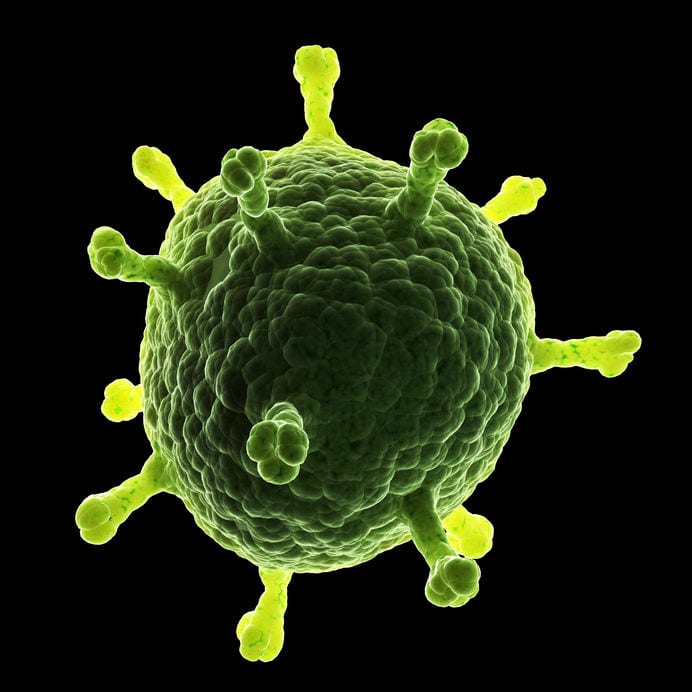Written while choosing to quarantine myself and my family–
Today the World Health Organization declared the Coronavirus a global pandemic. To be clear, it was a global pandemic three weeks ago, but because a declaration of a pandemic is a political act it sets in motion a series of public health and political protocols that have already been in motion since WHO officials realized that this was a novel transmittable virus.
The reasons for the slow-down in declaration of pandemic are political and sociological. Going back a moment to 2009’s “swine flu” (H1N1) pandemic declaration, we were witnessing a potential “Spanish flu” epidemic. The pork lobby (not unlike Corona beer) sought a renaming of the flu because it was hurting sales of swine. Declarations of a pandemic are delayed because of the impact on markets and retail outlets.
At the same time, the sociological issues are deeply important in any type of disaster communication. How many times have residents of southeastern states complained about pre-hurricane evacuation orders when a storm ended up doing little damage? Or even the great H1N1 scare ended up being a sort of dud–and that was after it was declared a global pandemic. Still if we do not warn people and do not call things by their proper names (I.e., “pandemic”) do we end up with new Hurricane Katrinas and Spanish Flus with loud complaining voices saying “with all of our advances in tech and all of our better warning systems, how come no one warned us?”
The public health infrastructure gutted by the current administration was an important early warning system for the US. Why? If a novel virus emerges in Mexico (H1N1) or Wuhan, China (COVID-19), it is already global at the moment it emerges, we just don’t know it yet. Early warning systems allow us to know earlier. Because disease spreads incredibly quickly (and relatively predictably via transportation networks) the earliest warning we can have is best – then we can take efforts to control the spread. Covid-19’s impacts are felt strongest by the usual people – the infirm and the elderly. We are being asked to take precautions to not get sick, more because we are trying not to overwhelm public health capacity to treat people. Washing hands and self-quarantine is, by the way, the same protocol as we have for the flu and for colds and we also don’t want the elderly or infirm to catch those either. This isn’t new stuff; it’s just a new type of illness.
This isn’t to downplay the seriousness of COVID-19. The impacts like any real-time disaster are unknown until it happens. Officials are trying to toe the line of disaster communication that gets people to take action now (wash, self-quarantine) but also that doesn’t destroy credibility later if this fizzles out (“we aren’t going to evacuate ahead of this category 5 monster hurricane because last time they told us to evacuate it missed our town”). Part of having a robust disaster response network is to have robust early warning systems. You’d rather hear a tsunami warning and get to high ground and have there be no tsunami than not get warned at all and get killed in the flood.
What we are seeing is the early warning system being triggered. We know some things but not all things about COVID-19. We know that it is spreading quickly. We know that it has been a pandemic for at least a month. We know that we can prevent spread through very simple measures – washing hands and self-quarantine. We know that there are global impacts on supply chains and the like as there will always be in just in time global delivery systems that get disrupted. But it isn’t time for panic buying or preparing for the zombie apocalypse. It’s time for reasonable measures taken by reasonable people – washing hands and preparing to self-quarantine if you get sick.
Social distancing is a must. As for how the aftermath will be handled…stay tuned for my next post.
Jude


